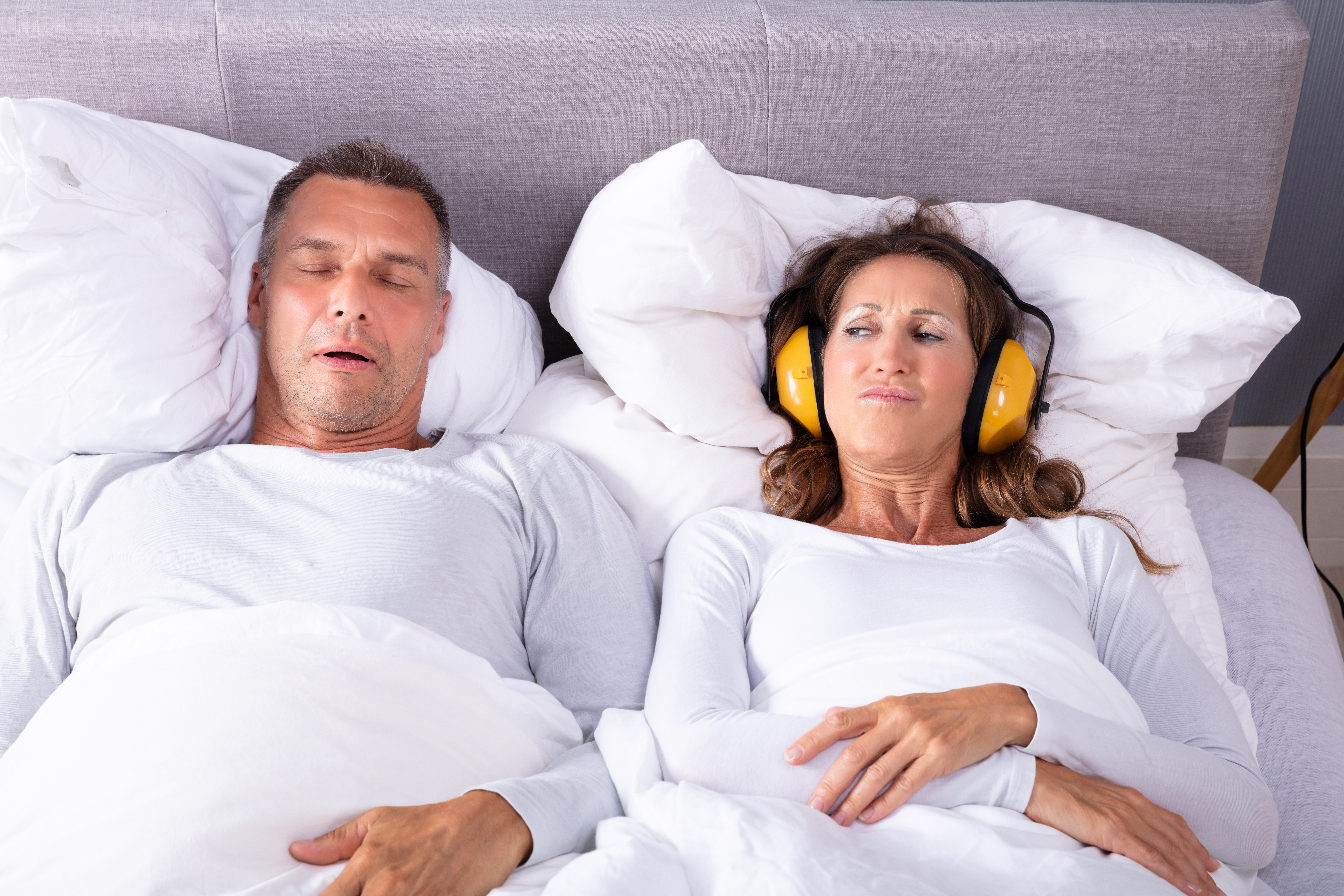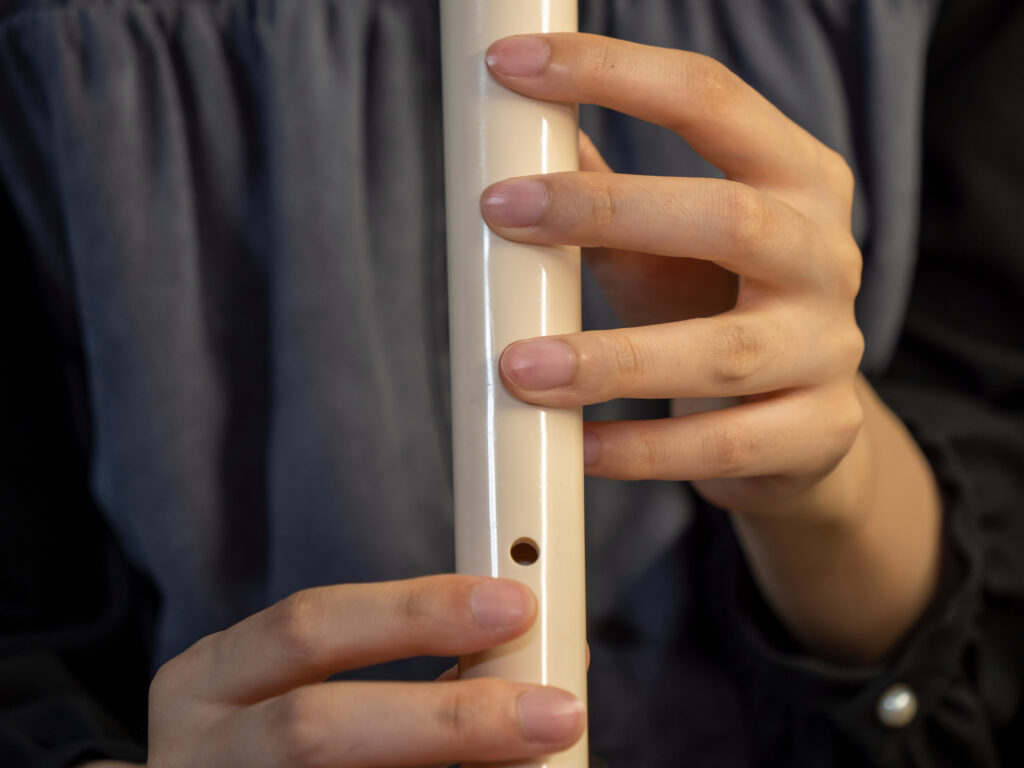Driven Mad By Snoring? We Can Help!

The sleep experts at MattressNextDay have shared eight hacks that can stop you from snoring, before revealing why someone snores.
1 Avoid alcohol at least two hours before bedtime
Whilst the warmer weather and lighter nights may lead to you organising post-work drinks, unfortunately, alcohol can trigger a substantial snoring session. This is because it relaxes the muscles in your throat, which removes the rigidity around the airways, therefore, setting off the vibrations in the soft tissue, once again. If you do drink, try to stop drinking at least two hours before your bedtime to prevent this from happening.
2 Keep your pillow clean, and make sure it’s not triggering your allergies
Did you know that 80% of household dust (mites) are made up of your own dead skin? Given that the average person spends a third of their life in bed, you naturally produce more throughout the night. And whilst these can be harmless to some people, for others, they can trigger a reaction such as rhinitis, which is an inflammation of the nose which leads to snoring. So, if you snore, you should consider purchasing an anti-allergy pillow that will cut down the number of fine particles around your nose and mouth, therefore, making you less likely to react to dust.
3 Take a selfie to check your pillow is in the right position
The position and shape of your pillow can also make a big difference. If your pillow isn’t giving you the support you need, you could be blocking off your airways and causing that soft tissue to vibrate again. Pillows should be comfortable, but not too plumped up. Your pillow should also fit earlobe to shoulder to lift your head off the bed and keep your airways nice and open. To see if you have the right size pillow, you should take a selfie of your face and torso while lying in your sleeping position. With the photo in front, draw a vertical line down the middle of your face, and then down the middle of your torso. If these don’t line up, your pillow is too small, and needs replaced.
4 Never sleep on your back and use a tennis ball to stop you from waking up in this position
If you sleep on your back, you’re more likely to snore than those who sleep on their side. This is because the tongue, neck tissue and chin press down on the airways, which disrupts your airflow. This then causes turbulence, which can cause the soft tissue at the back of your throat to vibrate. By switching to a side sleeping position, you take the pressure off your airways. However, many people struggle to switch their sleeping position as it’s a habit they’ve formed throughout their life. If this is you, you can add a tennis ball to your back which will wake you up if you roll over onto your back whilst sleeping.
5 Avoid spicy food, milk, and ice cream before bed
If you’re a late-night snacker and a snorer, unfortunately, your food habits could be contributing to your snoring once you’re sleeping. This is due to the digestion process, which relaxes the throat and tongue muscles. If you must eat before bed, avoid high-fat dairy products, such as ice cream or milk, as these can keep mucus from draining properly. Similarly, spicy foods can trigger indigestion which increases the likelihood of you snoring.
6 Try this 30-second tongue exercise
Another way to stop snoring is to strengthen your muscles in your tongue, soft palate, and throat through a thirty-second exercise. To do this, you just need to close your mouth and move your tongue in one direction ten times. Then move it in another direction ten times, and then finally for the third time. You will see a result after three nights however the more you do it, the stronger your muscles will get with studies showing that three months of mouth exercises led to a 59% reduction in snoring.
7 Place medical tape over your mouth to rely on nose breathing
Mouth taping involves taking medical tape and placing it over both your upper and lower lips so that you cannot easily open your mouth. Taping your mouth shut naturally prompts you to breathe through your nose whilst you sleep. Studies have shown that this can lead to sonically less snoring and fewer instances of lapsed breathing. There are also many other benefits – nose breathing as opposed to mouth breathing can help your oral health and helps humidify the air before it enters your lungs. However, you should make sure to not do this if you suffer from asthma.
9 Take up a wind instrument as a hobby
Did you know that playing a wind instrument can help improve the muscle tone of the roof of your mouth and strengthen your upper airways? It may sound silly, but many studies have shown that this can be helpful for people with respiratory problems,
Why do people snore?
Martin Seeley, CEO and sleep expert at MattressNextDay said: “Snoring is the sound of your soft palate and other tissue in the mouth, nose and throat vibrating. If there’s a blockage (whether that’s as a result of blocked sinuses, the throat being slightly closed due to the angle of the head and neck, or another reason), it causes this soft tissue to vibrate.
“The type of snoring will indicate which area of soft tissue is vibrating. So, a soft, gentle snore indicates that your nasal passages are blocked. While a deep, loud snoring sound is a sign that the back of the throat is blocked.
“You won’t snore all night. Initially, most people are quiet for the first hour and a half of sleep as it tends to occur once you enter the deep sleep stage.”
To learn more about snoring – and how to prevent it – visit https://www.mattressnextday.co.uk/advice/how-to-stop-snoring-while-sleeping










